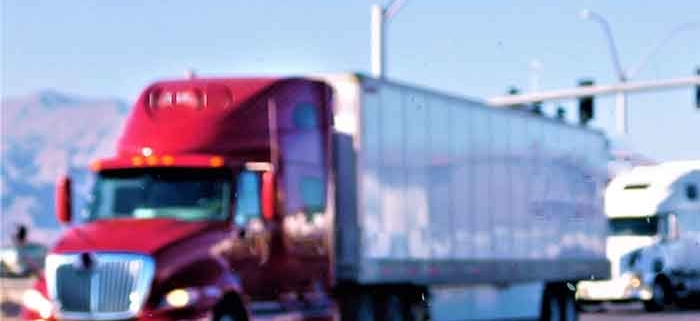Will Robots Rule Mississippi Roads Soon?
The trucking industry stands on the brink of a technological revolution with the emergence of autonomous trucks, which promise to reshape not only how goods are transported but also the regulatory framework governing the sector in Mississippi and beyond.
Autonomous Trucks: A Game Changer in Transportation
According to a report by the American Transportation Research Institute, the integration of autonomous trucks could significantly enhance safety and efficiency within the trucking industry. These vehicles are designed to operate with minimal human oversight, potentially reducing human error-related accidents. However, the transition to fully autonomous fleets is not immediate, as significant technological and regulatory hurdles remain.
Human Oversight and Employment Concerns
Despite the advanced capabilities of autonomous trucks, human oversight remains crucial. Drivers may find their roles evolving rather than disappearing, as they’ll need to manage other aspects of transport operations while autonomous systems handle navigation. This shift could preserve employment in the trucking industry while altering the nature of truck driving jobs significantly.
Technological and Infrastructure Challenges
For autonomous trucks to become viable, substantial improvements in road infrastructure and vehicular communication technologies are necessary. Smoother roads and enhanced signage are just the start; vehicles that can communicate effectively with each other and with road infrastructure are pivotal. The adoption of such technology largely depends on decisions made by state and local governments, which manage road infrastructure.
Potential Regulatory Reforms
The widespread adoption of autonomous trucks could lead to major changes in regulations concerning hours of service. Current limits, such as the 14-hour on-duty time and the 11-hour driving time, might be reformed or even eliminated. This would allow drivers to engage in other tasks while the autonomous system operates the vehicle, potentially increasing productivity and reducing the physical toll on drivers.
Legal Implications of Autonomous Trucking
As the trucking landscape evolves, so too does the legal context. Truck accident attorneys will need to adapt to these changes, as the determination of liability may shift from human error to technological failure. This could include issues like software malfunctions or inadequate vehicle maintenance by operators.
Compensation for Accidents Involving Autonomous Trucks
Victims of accidents involving autonomous trucks may face a new legal landscape when seeking compensation. Personal injury attorneys will be pivotal in navigating these changes, helping clients understand their rights and the complexities of claims involving advanced technologies. Compensation may cover medical bills, rehabilitation costs, and other damages, but proving negligence in a world of autonomous vehicles will require new strategies and understanding.
The Role of Attorneys in Navigating Future Challenges
As autonomous trucks potentially become more prevalent, the role of attorneys specializing in personal injury and truck accidents will become more complex and crucial. They will need to stay informed about technological developments and regulatory changes to effectively represent clients who might be affected by this new era of transportation.
Conclusion
The future of trucking in Mississippi with the rise of autonomous trucks offers both exciting opportunities and significant challenges. As this technology continues to develop, the combined efforts of engineers, lawmakers, and legal professionals will be essential to ensure that the transition to autonomous trucking is safe, efficient, and just for all parties involved.

















